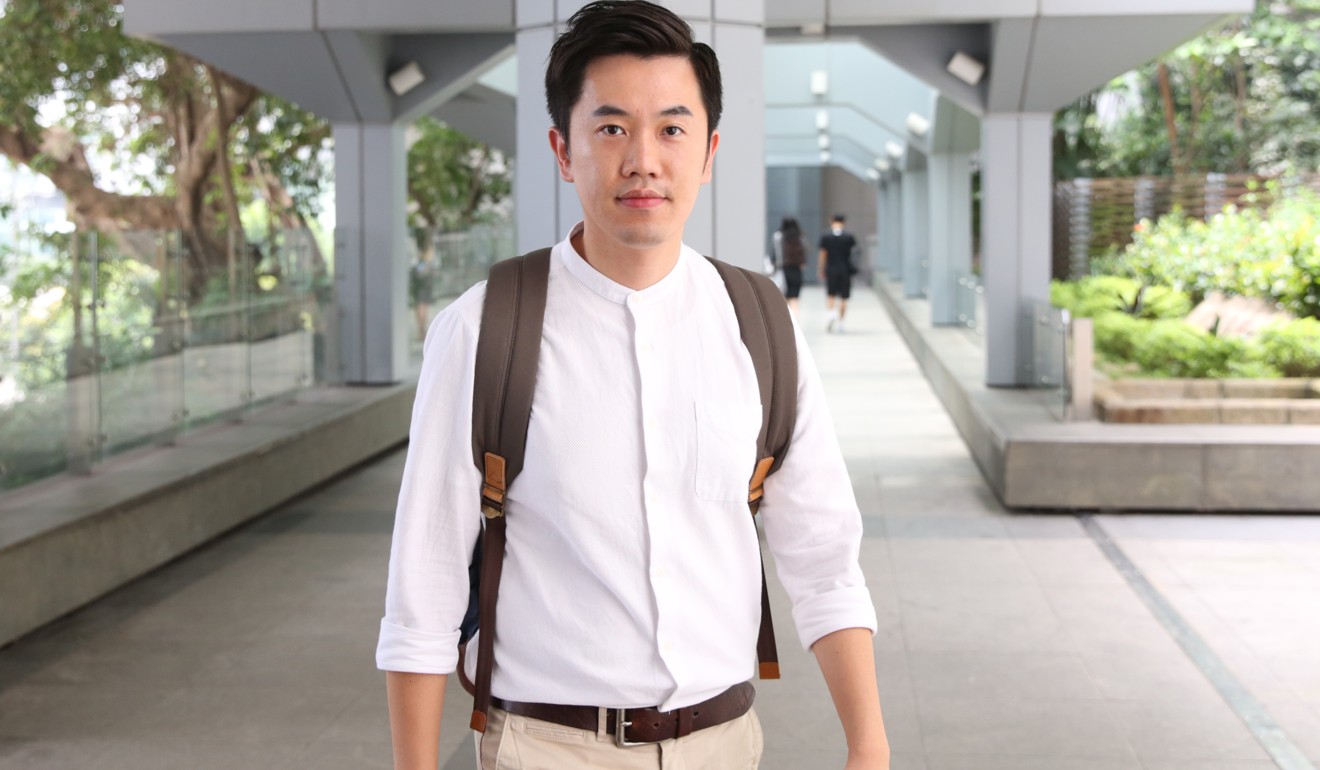
Citizen’s legal bid to disqualify Hong Kong lawmakers over oath saga fails due to unpaid deposit
Retiree Lo King-yeung will also have to bear the legal costs of ‘king of votes’ Eddie Chu and Civic Passion’s Cheng Chung-tai
Legal bids to unseat more Hong Kong pro-democracy lawmakers over the oath-taking saga have hit a wall after a judge on Monday disallowed a citizen’s challenge seeking the disqualification of two more legislators.
According to Chu and Cheng’s lawyers, Lo’s case was the last one lodged by private citizens regarding disqualifying pro-democracy lawmakers. There were a few earlier challenges of a similar nature but all failed to proceed.
Disqualified Hong Kong lawmakers move out of their offices but vow to return
It is unlikely that any further bids will be lodged due to an earlier ruling in which the Court of Appeal set out in a judgment in another disqualification case that applications had to be filed within six months of the lawmakers’ swearing-in ceremony in October last year.
Lo was also ordered to pay the legal costs of Chu and Cheng. He can still appeal.

The court heard earlier that Lo’s solicitor firm Chin and Associates had formed a “misinformed view” on the relevant provision in the Legislative Council Ordinance, thinking that Lo would not have to pay the legal deposit unless Chu and Cheng’s side asked for it. His counsel Lawrence Ma Yan-kwok urged the court earlier not to “penalise” Lo for his solicitor’s mistake.
But in a judgment handed down on Monday, Au rejected that explanation.
“Even recognising that the mistaken view in the law was formed by [Lo’s] solicitor, [Lo] himself is also guilty of an unexplained delay in seeking to prosecute the proceedings expeditiously,” he said.
The judge pointed out that Lo was still required to reach out to the court for instructions, at which point he would have been reminded about the security costs he had failed to pay for more than four months after lodging the lawsuits in March this year.
Oath-taking antics: The acts that got six Hong Kong lawmakers disqualified
Since the Legco swearing-in ceremony last year, six lawmakers have been disqualified by Au as a result of legal bids by the Hong Kong government.
There is still nothing to be happy about
Despite his victory, Chu took a cautionary tone when speaking outside court following the decision.
“There is still nothing to be happy about,” he said, claiming that the central government had used the oath-taking issue as “an excuse to attack the Hong Kong legislature and to rewrite the result of the last Hong Kong Legislative Council elections”.
Due to the disqualification of the six lawmakers, the pan-democratic camp has found itself even more outnumbered in the legislature by its pro-establishment opponents. The bloc has lost its limited veto power in the chamber, making it possible for pro-government lawmakers to change Legco rules to limit filibusters.
This comes at a time when the government is moving ahead with controversial decisions, such as a lease arrangement for the cross-border express rail link that will allow mainland officials to enforce national laws in one area of the terminus at West Kowloon.
Cheng, who said he was “lucky”, urged the public to focus on the six lawmakers who had been disqualified.
“I have to highlight the point ... that the authorities are able to ... suppress the marginal and alternative voices in the council,” he said.

